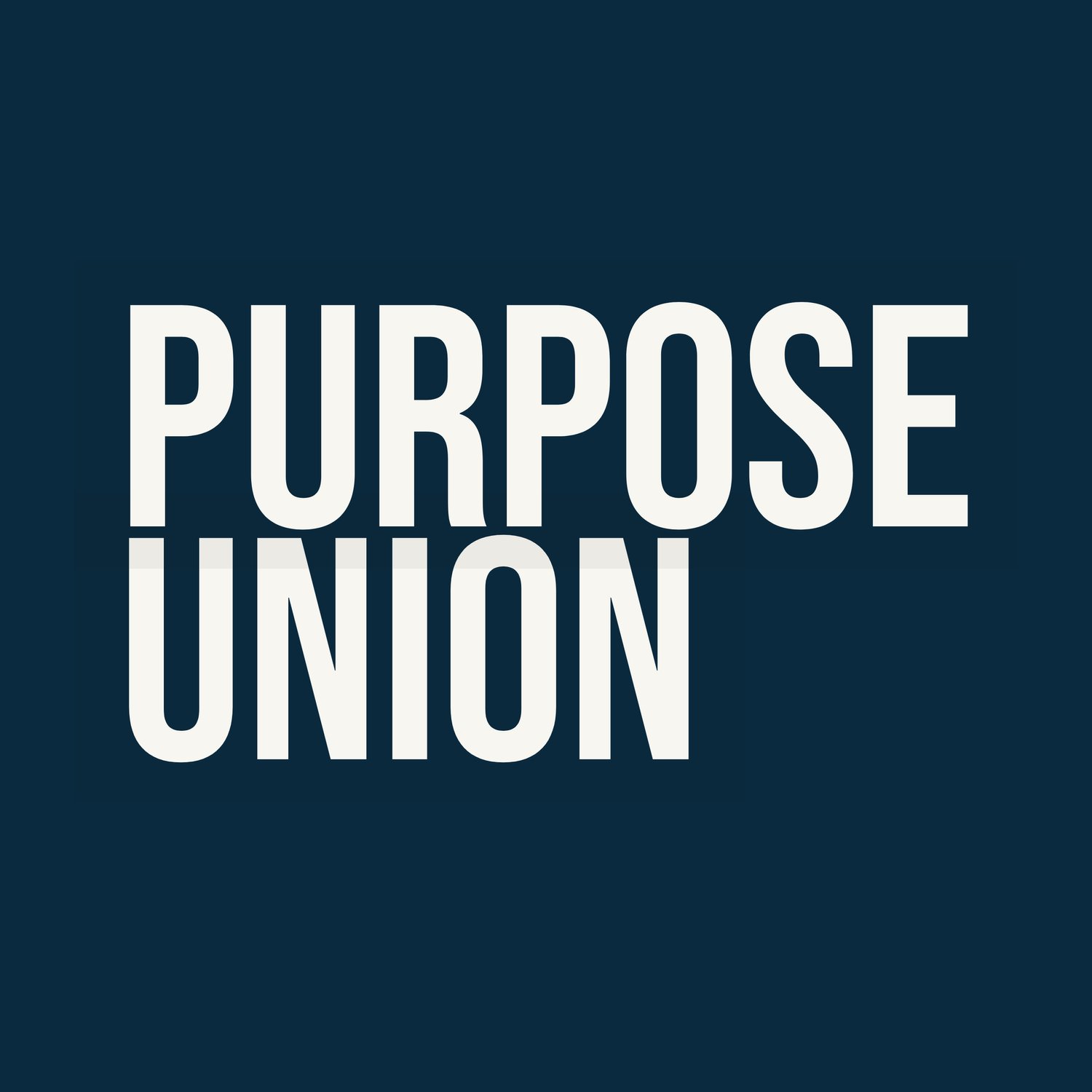Not just a hobby: why empowered staff networks are integral to business success
By Hannah Anderton, Senior Associate
Last week we saw the headline that Cabinet Office minister John Glen wants to initiate a crackdown on employee resource groups (ERGs) in HM Civil Service. He suggested that ERGs (commonly known as Staff Networks) meeting during work hours is a waste of taxpayers' money, and announced that this motion would be part of a wider plan to make the civil service a “lean, keen and productive machine”.
But diminishing ERGs would have quite the opposite effect.
What are ERGs?
ERGs are generally organised around a shared protected characteristic, a shared experience of social minoritisation, or allyship to that community. Their (typically uncompensated) roles often play a significant part in educating a wider organisation on DEI issues and their activity ranges from hosting celebratory and awareness events, to providing emotional support to minoritised colleagues, to policy influence and design. Their contributions are vital for community building and a growing accumulation of data demonstrates that their work to build inclusive cultures has a positive impact not just on the mental wellbeing but also on the productivity of employees.
What's the risk of sidelining ERGs?
The link between inclusive cultures and business performance is clear; inclusive teams are on average 35% more productive. Inclusive cultures arising from ERG work also alleviate increased costs to businesses associated with lack of belonging: increased sickness leave, high levels of staff turnover and in some cases - as per Stonewall’s LGBTQ at work research - early retirement.
ERG work is often cited in marketing and recruitment campaigns, and new hires are increasingly referencing an organisation’s commitments to DEI as a driving force behind applying for or accepting a role. Our Purpose Pulse research found that 75% of Millennials and Gen Zs value taking care of employees as the top rated way an employer can build their trust, and ERGs are intrinsic to this. Staff networks are a pivotal element of a company’s employee voice ecosystem - the structures and systems by which staff communicate their priorities to leaders and vice versa - and they regularly devote emotional labour as a listener and a supporter of those experiencing minoritisation or discrimination. Often employee wellbeing services result directly from their lobbying and their educational mandate is a deeply valued aspect of company culture.
Ultimately organisations without effective, recognised and incentivised ERGs will fall behind the curve. Sequoia’s 2021 employee experience benchmarking found that 40% of companies have ERGs and Rise research reported that a growing number of organisations (c. 25%) are now compensating ERG leads with cash, including LinkedIn in 2021. The effort and duties of ERG members is undeniably work. Many spend an average of 3 hours per week on ERG activities and most already top this up with additional hours in their personal time.
Generation ERG?
I don’t doubt that in the minister’s private sector career (during the Blair government), working with corporate ERGs would have been mostly perceived as extra curricular. Unsurprisingly the world of work has moved on since then. In the past 4 years alone we have seen a huge shift in attitudes towards social justice and how this manifests in the workplace. This has been particularly evident with the issues of racial justice (which inspired the first recorded ERG) and health inequity against the backdrop of George Floyd’s murder and resulting growth of the Black Lives Matter movement, and the global COVID-19 pandemic. Millenials and Gen Z, the generations soon to be dominating the workforce, are the most diverse generations in history. Their demands to see organisations acting with purpose will drive the agenda, and employers failing to meet these expectations will cede the advantage of their labour and commitment to those with a clear inclusive stance, and the resources to back it up.
If you’d like to hear more about our work with ERGs and how Purpose Union could help your organisation, please get in touch.
